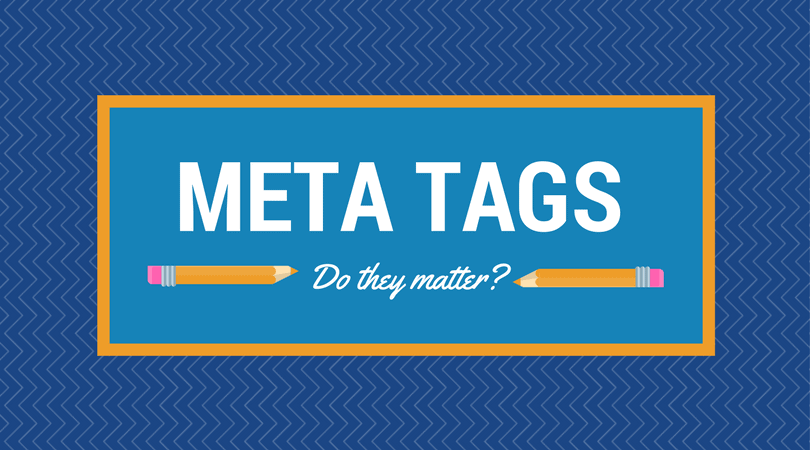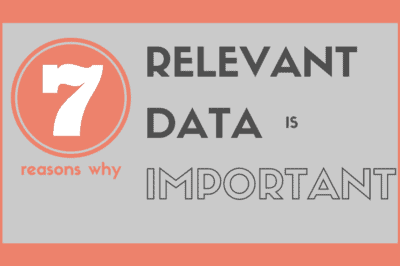Do Meta Tags Matter? Of Course! Here’s Why

Do meta tags matter?
Yes. Meta tags matter. You might be under the impression that focusing on meta information is passe, but that’s not the case. In fact, with other marketers under the impression that meta tags don’t matter, it’s more important than ever that you step up your meta game.
What is a meta tag?
“Meta” is short for “metadata.” A meta tag is the data (in this case text) that gives search engines information about a web page. While these elements are only visible to visitors if they dig a little deep, this information is incredibly important for search engines.
The main meta tags that digital marketers should focus on are meta descriptions, meta titles, meta keywords, and meta robots.
So where does the confusion come from?
The confusion around meta tags revolves around what Google, Bing, and other search engines actually use in their ranking algorithms. In fact, both Google and Bing have stated their ranking algorithm no longer includes the meta keywords attribute. This is because of a long history of digital marketers “keyword stuffing.” This is the practice of including as many keywords as possible to get a page to rank. Keyword stuffing usually also involves including competitor or unrelated terms to get to the top of multiple search engine results pages (SERPs), whether relevant or not.
Despite Google and Bing ignoring meta keywords, there is still value in including this on your page. First, it creates a guideline for marketers when building on-page content. Understanding which keywords you want to focus on enables you to create richer content. Secondly, the search engine Yahoo still uses meta keywords in its rankings. While that’s a very small fraction of Internet users, it is worth spending the minimal amount of time it takes to add these keywords to your page.
What about those other meta tags?
Those other meta tags (description, title, and robots) are the most important.
Meta description
A meta description is 151 characters of text describing your page’s contents. This is often the snippet seen in search engines, but not always. Sometimes, an opening paragraph from your page might be pulled instead. However, search engines still refer to the meta description as another way to learn about the page’s contents.
Meta title
The meta title is the one element of your web page that is immediately visible to website visitors. It’s the text that appears in your open browser tab. This text should include your target keyword and a succinct description (no longer than 77 characters) of what your page is all about. Make sure your title is easily comprehensible by both search engines and humans.
Meta robots
Finally, meta robots information tells search engines whether to index or follow pages. While you might be wondering why you wouldn’t want a search engine to index your site, this is important for gated information and thank you pages that you don’t want searchers to access. Your landing page for that asset will be indexed and followed, but your thank you page won’t be.
Conclusion
Now it’s time stop asking yourself “Do meta tags matter?” and take on crafting extraordinary meta descriptions, keywords, and titles that help your overall SEO strategy.
You Might Also Enjoy These Posts
Gamification Strategies: Badges in B2B Marketing
7 Reasons Why Relevant Data is Important to Your Organization
Welcome To DemandZEN
DemandZEN specializes in Account-Based Demand Generation and solving the challenges around finding, engaging and converting target accounts into real opportunities for B2B Technology and Services companies.


